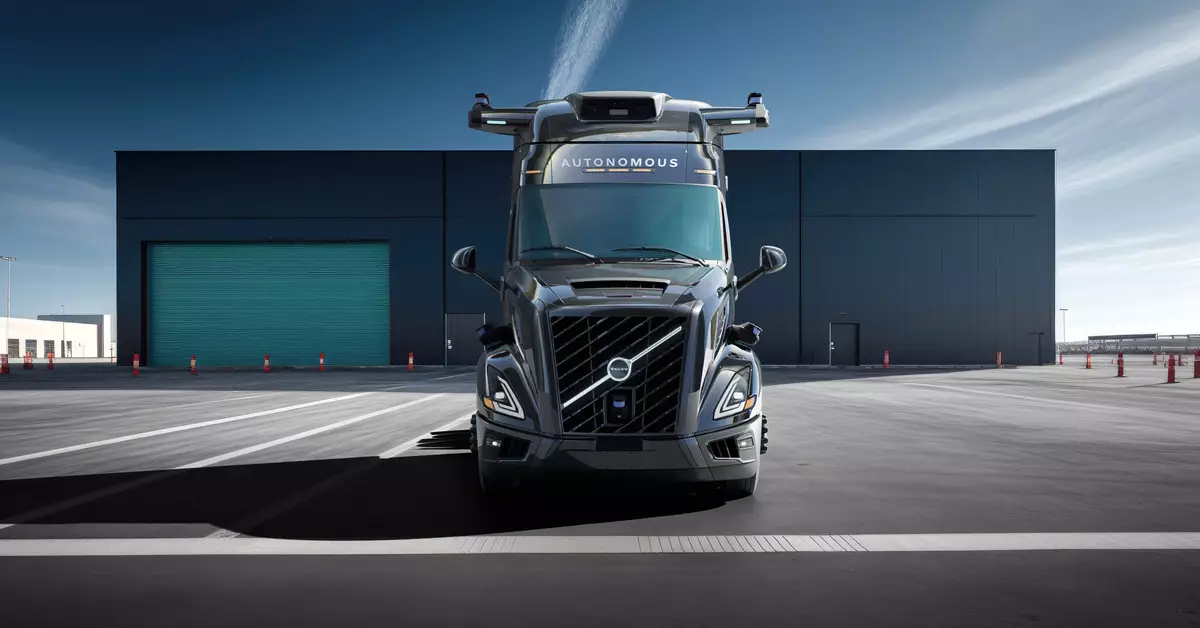Self-driving technology has been making significant strides in recent years, and Volvo is at the forefront of this innovation. The company has partnered with Aurora, a leading autonomous driving technology company, to create a “production-ready” self-driving truck based on Volvo’s new VNL Class 8 semi-truck. This groundbreaking collaboration promises to revolutionize long-haul transportation and pave the way for a new era of autonomous vehicles on our roads.
Volvo’s new self-driving truck is equipped with an array of sensors and cameras that power Aurora’s Level 4 autonomous driving system. This advanced technology allows the truck to operate without the need for a human driver behind the wheel. What sets this truck apart is that it is “purpose-designed and purpose-built” for Aurora’s self-driving hardware and software stack. This strategic approach ensures seamless integration of autonomous technology into Volvo’s trucking fleet, setting the stage for mass production of self-driving trucks in the near future.
Nils Jaeger, president of Volvo Autonomous Solutions, envisions the self-driving truck as the first step towards a standardized global autonomous technology platform. This platform will enable Volvo to introduce additional models in the future, bringing autonomy to all Volvo Group truck brands and expanding to different geographies and use cases. By setting a solid foundation for autonomous technology, Volvo is positioning itself as a leader in the self-driving truck industry, with plans to scale up production and deployment in the coming years.
While the future of self-driving trucks looks promising, there are challenges that must be overcome along the way. Some companies in the autonomous vehicle space have faced setbacks, with timelines for deployment stretching into the future and funding becoming scarce. However, Volvo and Aurora are pushing forward with their plans to deploy fully autonomous trucks, with a target of 20 trucks by the end of this year and a vision to expand to 100 trucks by 2025. By partnering with German auto supplier Continental, Aurora aims to scale up deployment even further by 2027.
One of the key factors influencing the adoption of autonomous vehicles is public perception and safety concerns. Companies like Tesla and Cruise have faced criticism and negative attention due to incidents involving their self-driving technologies. In contrast, Aurora has managed to maintain a positive track record, with no public mishaps or significant government scrutiny. This clean reputation bodes well for the company’s future success and paves the way for increased public acceptance of autonomous vehicles.
Volvo’s collaboration with Aurora represents a significant step forward in the development of self-driving trucks. By leveraging advanced autonomous technology and purpose-built design, Volvo is poised to revolutionize the trucking industry and set new standards for safety and efficiency. While challenges remain, the future looks bright for autonomous vehicles, with Volvo leading the way towards a new era of transportation innovation.


Leave a Reply